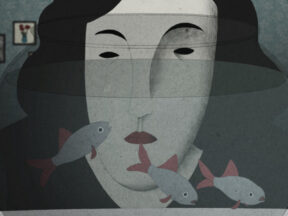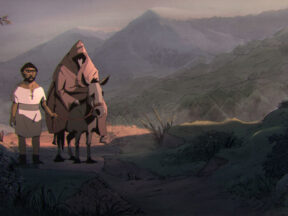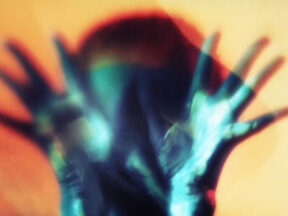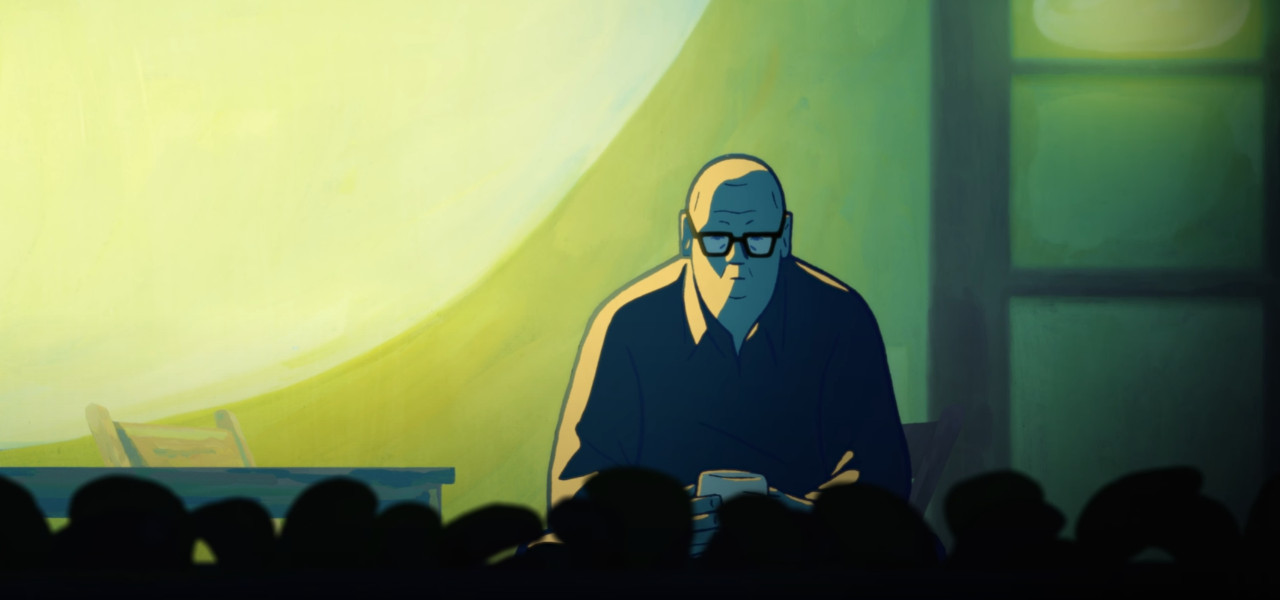

2024 Oscars Short Film Contenders: ‘Teacups’ Directors Alec Green And Finbar Watson
Welcome to Cartoon Brew’s series of spotlights focusing on the animated shorts that have qualified for the 2024 Oscars. There are several ways a film can earn eligibility. With these profiles, we’ll be focusing on films that have done so by winning an Oscar-qualifying award at an Oscar-qualifying festival.
Today’s short is Teacups, written and directed by Alec Green and Finbar Watson. The film earned its Oscars qualification by winning the best in show prize at Spark Animation.
The non-fiction short tells the story of Don Ritchie, who, for almost 50 years, would approach people contemplating suicide at the edge of a cliff, just 100 feet from his home.
Cartoon Brew: The short is told from Don Ritchie’s first-person perspective. How did you handle writing his dialogue, and was the family involved?
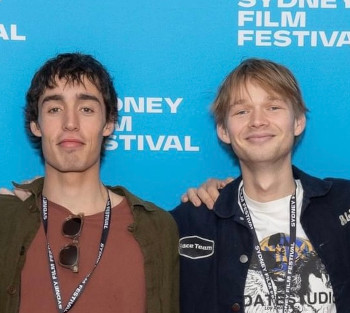
Alec Green: We made sure to interview Don’s family extensively before scripting. They were incredible, and we were lucky to hear story after story about Don, tidbits that would eventually work their way into the film. The premise in itself is naturally fascinating, but learning who Don was as a character is where we found the makeup for the story we wanted to tell. Once that picture had formed, writing his dialogue became instinctive. Finbar and I were careful not to over-poeticize Don’s dialogue; there had to be an emotional authenticity in Don’s words, even if that meant featuring Australian slang. We weren’t interested in an overload of exposition either. We wrote the voice-over for Teacups from the perspective of a late Don recounting his life; writing subtext into the dialogue was a fun challenge for both of us.
What was it about this story or concept that connected with you and compelled you to direct the film?
Finbar Watson: Don Ritchie sold insurance. He also convinced hundreds of suicidal people to step back from a cliff’s edge. We were captured by a simple idea: an ordinary person’s small acts of kindness can change thousands of lives. We began Teacups by researching Don’s life and the topic of mental health. The more we learned, the more committed we became to telling Don’s story properly. For instance, in America, nearly 50,000 people die each year by suicide. When we pair that statistic with the thought of how many people are thinking about suicide in our city or on our street, it becomes clear how important stories like Don’s are. In Australia, Don’s story has become somewhat of a folk tale. Many of us have heard of him, but few know what he did. Don lived a life worth remembering, and hopefully, Teacups has played a part in keeping his name in our minds.
What did you learn through the experience of making this film, either production-wise, filmmaking-wise, creatively, or about the subject matter?
Watson: When we wrapped and had our first screening, strangers would approach the team, telling us how the story had connected with them personally. Overseas and in Australia, we’ve continued to receive similar messages. For all of our lives, we have been watching films and felt their effects long after the credits roll. To be part of a team that has created a film that is having a similar impact on audiences, however large or small that impact may be has reminded us of why we love film and why it’s worth making. In the future, when we are buried under the balancing act of working day jobs and managing production, it won’t be hard to remember why we’re doing it.
Can you describe how you developed your visual approach to the film? Why did you settle on this style/technique?
Alan Holly (Art/animation director): With the subject matter and factual nature of the story, it was really important to get the tone right. For this, the approach was to keep things simple and uncluttered, with minimal and hopefully appealing designs for the characters and big, broad use of color with a tactile quality through the use of paint to tell the emotional story as atmospherically and directly as possible. In many ways, there was a natural progression from our past projects with more inclusion of paint and pencil alongside digital elements, with all the backgrounds painted in gouache by Muireann Mills and effect animation drawn in pencil by Deither Kirby Jay. Alec and Finbar had a very clear vision for the mood of the film, and this came through well in the script and references they had, so we were on the same page from early on, and everything flowed pretty naturally from there.

.png)
